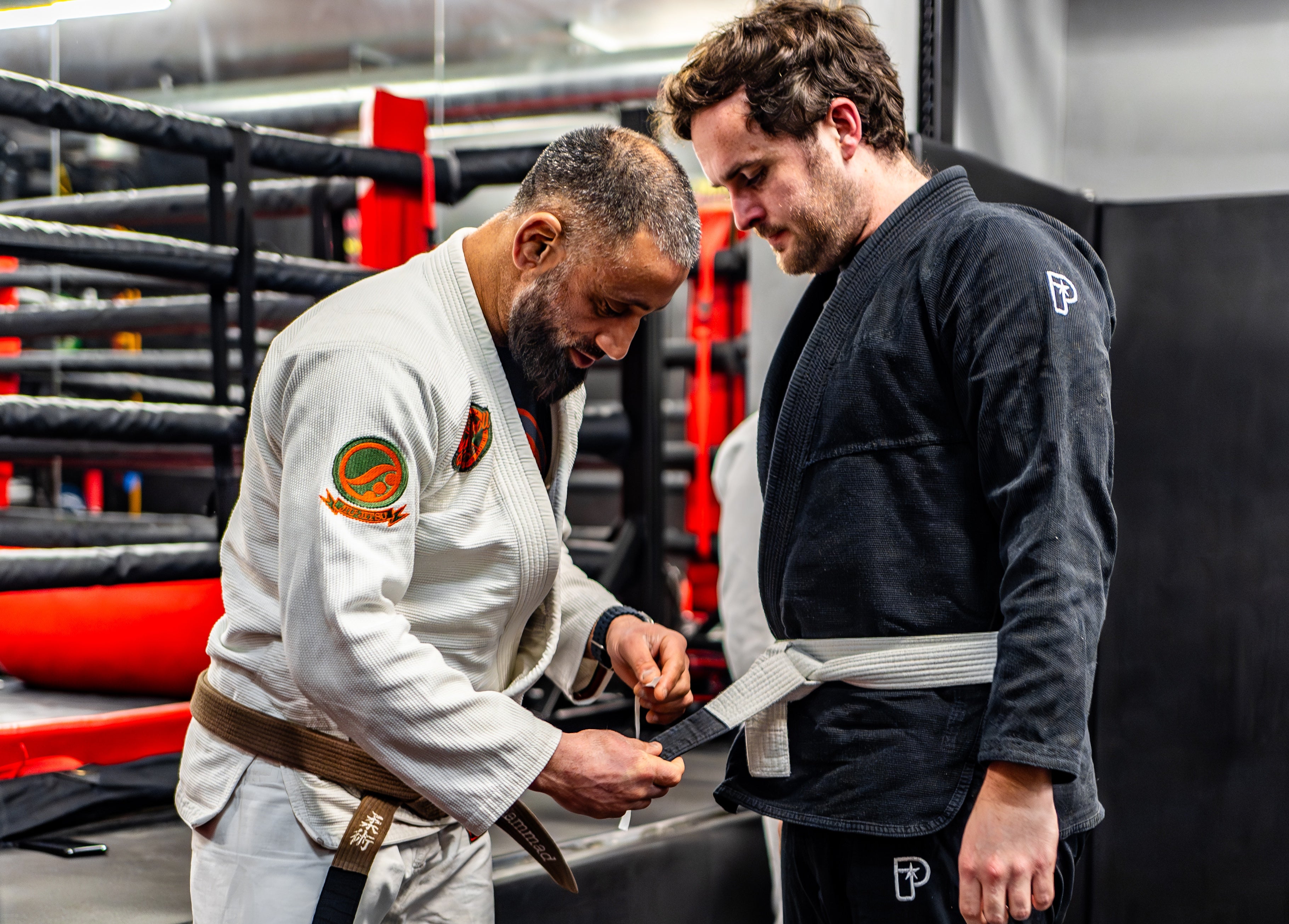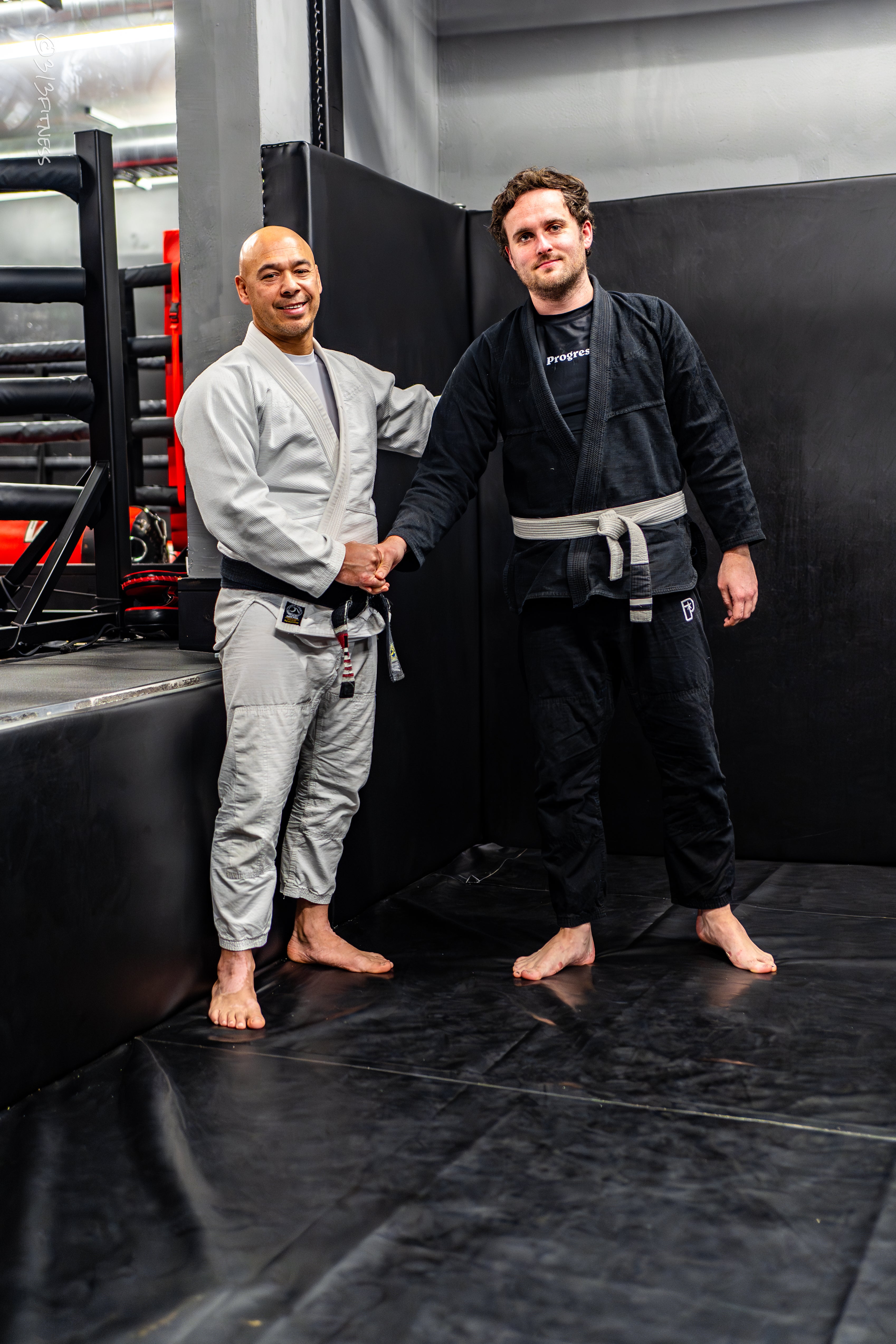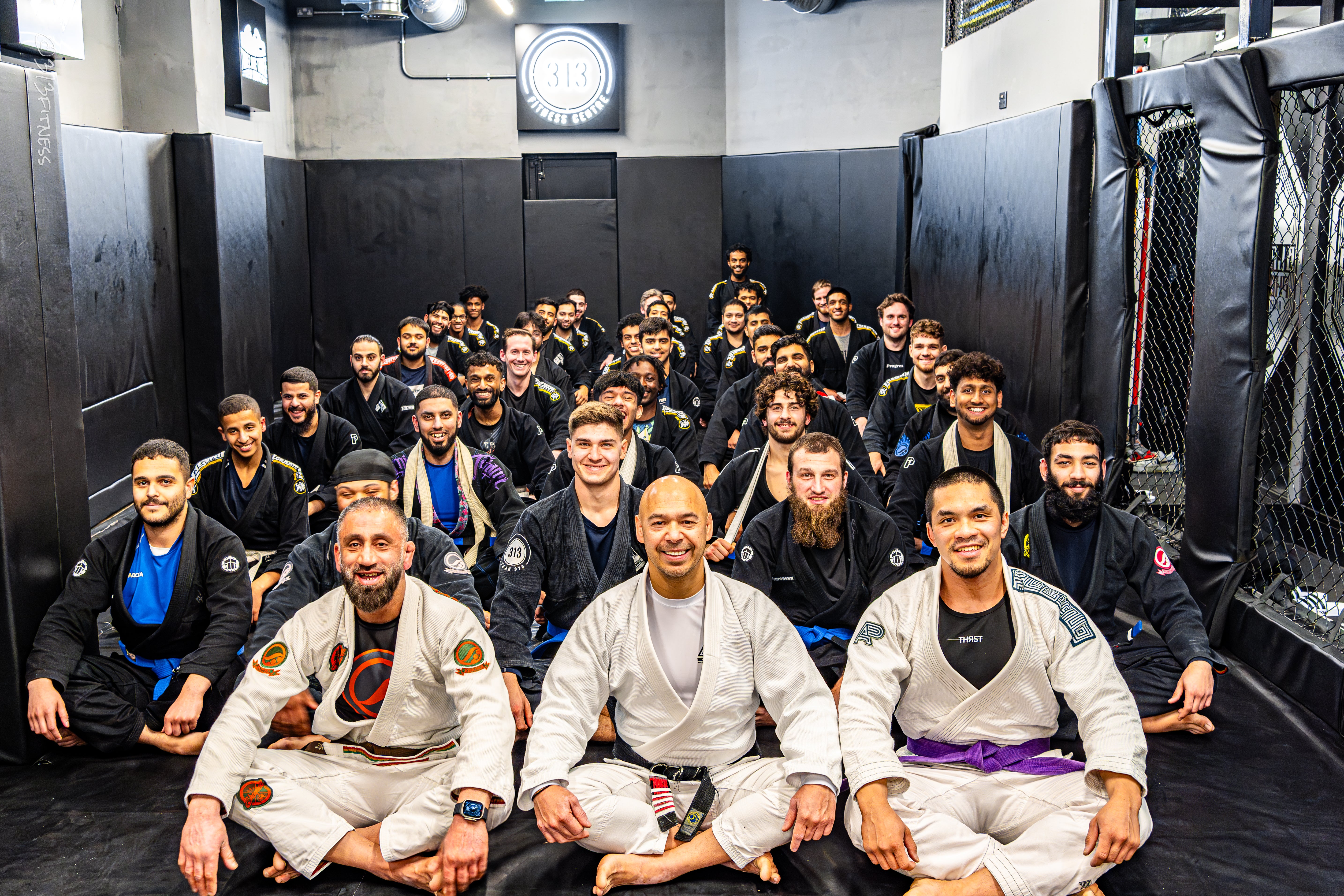I’m a tech nerd who does jiu-jitsu. I know exactly why Mark Zuckerberg wants to fight Elon Musk
For Andrew Griffin, martial arts provides a sense of connection that social media has stolen from us


Your support helps us to tell the story
From reproductive rights to climate change to Big Tech, The Independent is on the ground when the story is developing. Whether it's investigating the financials of Elon Musk's pro-Trump PAC or producing our latest documentary, 'The A Word', which shines a light on the American women fighting for reproductive rights, we know how important it is to parse out the facts from the messaging.
At such a critical moment in US history, we need reporters on the ground. Your donation allows us to keep sending journalists to speak to both sides of the story.
The Independent is trusted by Americans across the entire political spectrum. And unlike many other quality news outlets, we choose not to lock Americans out of our reporting and analysis with paywalls. We believe quality journalism should be available to everyone, paid for by those who can afford it.
Your support makes all the difference.Mark Zuckerberg and I have very little in common. My bank account is much smaller, and nobody would ever be tempted to make a film about my life. But we do share two very important things: we’re both tech nerds, and we like putting on pyjamas and having people pretend to kill us.
Like Mark Zuckerberg – and now Elon Musk, who he is planning to fight in what would be the world’s biggest MMA match – I am a relatively recent convert to Brazilian jiu-jitsu. And like Mark Zuckerberg, I have found that it has improved my whole life, and changed who I am.
My own journey with BJJ began in typically nerdy fashion: my partner described it as “human chess”, which was enough to make me intrigued. I joined a local gym, 313 Fitness, in London’s Manor Park, about a year ago. Initially, I was confused by the complexities of the sport – the “gi” kimono that you wear, the complex positions you’re required to get into, the various kinds of rolls and handstands that you do to warm up – but they quickly became both everyday and absolutely thrilling.

This is the game of jiu-jitsu: the winner is the person who makes the other submit, by placing them in a position that would lead to their joints being broken or putting them to sleep.
This might sound grisly. In some ways it is. But in that violence can be found some of the most important lessons I have learnt in my life – it is an experience that teaches you invaluable lessons about the world, other people, and yourself.
The thing that first becomes clear about jiu-jitsu is that you cannot be thinking about anything else. There is no time for anxious overthinking when someone is sat on top of you, trying to break your arm. If you let your attention drift, your opponent will use it to their advantage; losing focus for a moment can mean losing your fight.
It’s probably obvious how this applies to the rest of your life. But even in the moment there is a brutal thrill in training your focus in this way, and facing painful consequences if you don’t. It is a particularly unsparing kind of mindfulness, which teaches you just how valuable your own attention span is.
The raw demand on your attention is just one of the very primal parts of the sport. There is a harsh simplicity in the rules of jiu-jitsu: your opponent wants to submit you, and you want to submit them. But at the same time, it employs its own very specific and particular logic.
It is a game of leverage, of positioning, and of anticipating the movements of a person who is right on top of you. As with chess, the best players are not thinking about the thing in front of them, but the thing that is coming a few moves down the track. And just like with chess, the winner is the person who can exploit their own strengths, even if they are in a weaker position.
This pitiless logic is perhaps the reason that BJJ has proven so appealing to poindexters: Zuckerberg and Musk are far from alone in the sport, and one of its leading lights is Mikey Musumeci, an athlete who calls himself “Darth Rigatoni” and has happily referred to himself as a nerd. Jiu-jitsu might punish overthinking, but it is a profoundly thoughtful martial art.
It is a humbling one, too; jiu-jitsu is actively destructive to any sense of pride. Starting as a beginner means literally being forced to submit to another person, something that happens repeatedly even as you become better at the sport. Without the humility to tap, you can find yourself with a broken arm, and it is only through repeatedly submitting to better opponents that you will learn from them. You very quickly realise that having too much ego will hold you back.
All of that means that it is also the ideal situation to make human connections: it’s hard to feel shy or aloof after someone has thrown you around, and humbled you by making clear that they could put you to sleep if you wished. My gym, 313 Fitness, is just as important for the physical challenge it gives me every couple of days as it is for the collection of local friendships and guidance I receive in each of those sessions. On its mats, I have made friends and found wisdom of a kind that I would not have discovered anywhere else.

There are few cures for loneliness like having someone in pyjamas squish you. And there aren't many more important things to learn than the importance of humility, of focus, of finding your own strengths and weaknesses and the hard work required to deal with them.
Jiu-jitsu can change you profoundly, reshaping the way you see yourself and the world. Don't let Mark Zuckerberg ruin it for you.



Join our commenting forum
Join thought-provoking conversations, follow other Independent readers and see their replies
Comments